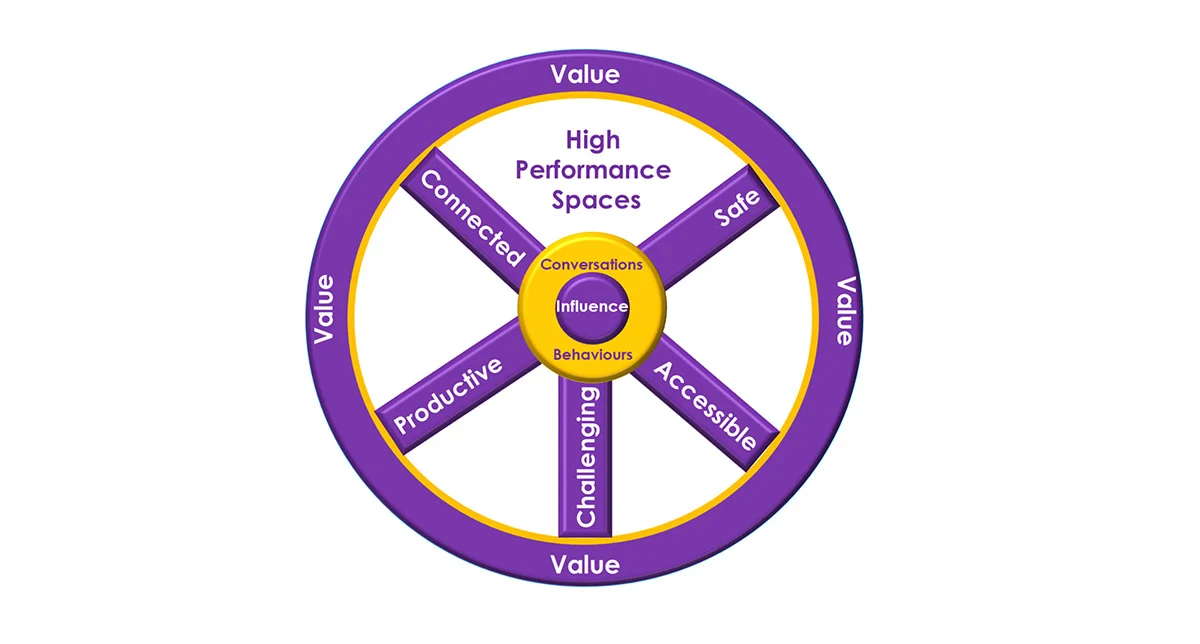The challenges of growing business advisory services to the SME Market
Are you, like many accounting practices, looking to capture more of the opportunities in your SME client base (beyond accounting and tax)?
It makes good sense, for a number of reasons:
The traditional core work of the accountant – compliance – is increasingly becoming a price-sensitive commodity.
There is untapped potential in the SME market. A recent NAB survey into the SME and accounting markets concluded: “Small businesses are seeking a broad range of assistance and their accountants, typically, only address a narrow range of these needs.”
Business Advisory is not a highly regulated market like other markets (e.g. Financial Planning) and therefore does not have the same compliance costs.
Accountants are still the most trusted advisers to the SME market and therefore have a strong ‘natural’ competitive advantage in this market.
But many accountants report limited success in the business advisory market.
Some of the common complaints are:
Not many clients want/need these services.
Clients won’t pay.
We don’t know how to price and charge for these services.
We don’t have the right client base.
We don’t have the right people.
We don’t know how to market these services.
I don’t feel qualified to give this type of advice.
What’s the reason for this apparent disconnect?
The reason is simple. What accountants are offering is not what the SME market wants. There is a significant misalignment!
And the source of this misalignment is that the accountant is trapped in their own expertise. Or, as Abraham Maslow put it: “If the only tool you have is a hammer, it is tempting to treat everything as if it were a nail.” Many accountants are approaching the SME market with the tools with which they are most comfortable rather than beginning where their clients wants.
For example, accountants have been convinced that the pathway to success, in the SME market, is through more sophisticated financial analysis and reporting software. But this is where the accountant, as the expert, and the software vendors want to start.
As a result, accountants often find that financial reporting software is only relevant to a relatively small portion of their SME client base.
If accountants are going to be successful in the SME market, beyond accounting and tax, they will have to step outside the limitations of their expertise and position themselves as strategic advisers.
They will need to take their clients from where the client is, not from where the accountant feels comfortable. They will need to learn how to…
Listen with the intent to understand, and not with the intent to advise.
Get to the real needs and wants of clients.
Solve a broader range of problems by being able to facilitate the solving of problems when they are not the experts.
Get clients to buy without selling.
Better understand the value they create and price it.
In short, learn how to have a different conversation. What we refer to as a Profitable Conversation.
Warwick Cavell is a thought leader in communicating for results and strategy implementation. For over 25 years, he has helped leaders improve business performance by changing the way people communicate and work to solve problems – both internally and with their clients. He is a highly respected facilitator, coach, speaker and trainer, and author of regular blogs.











